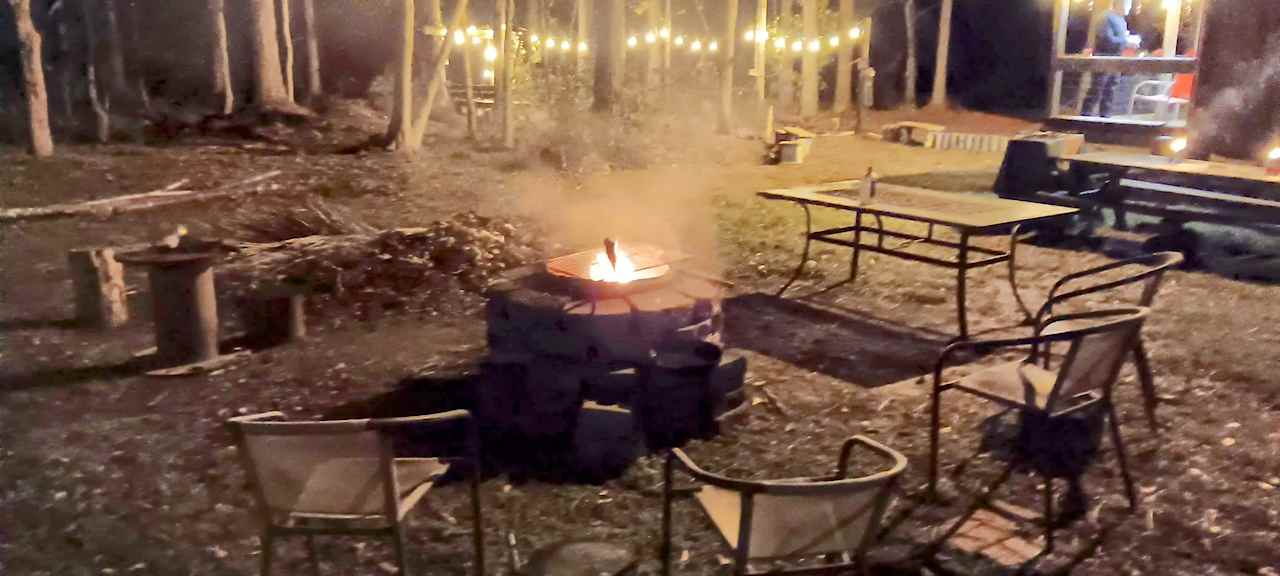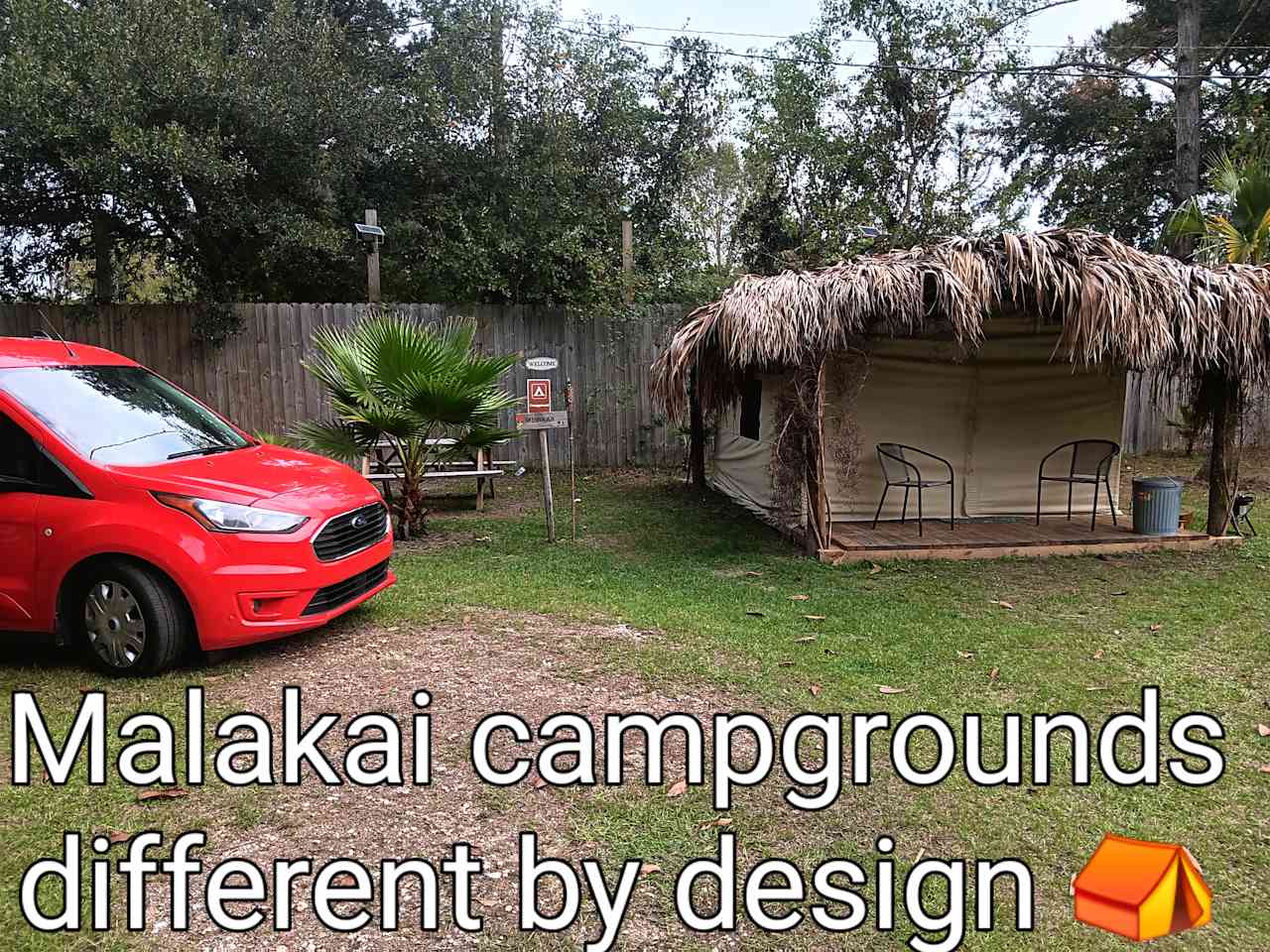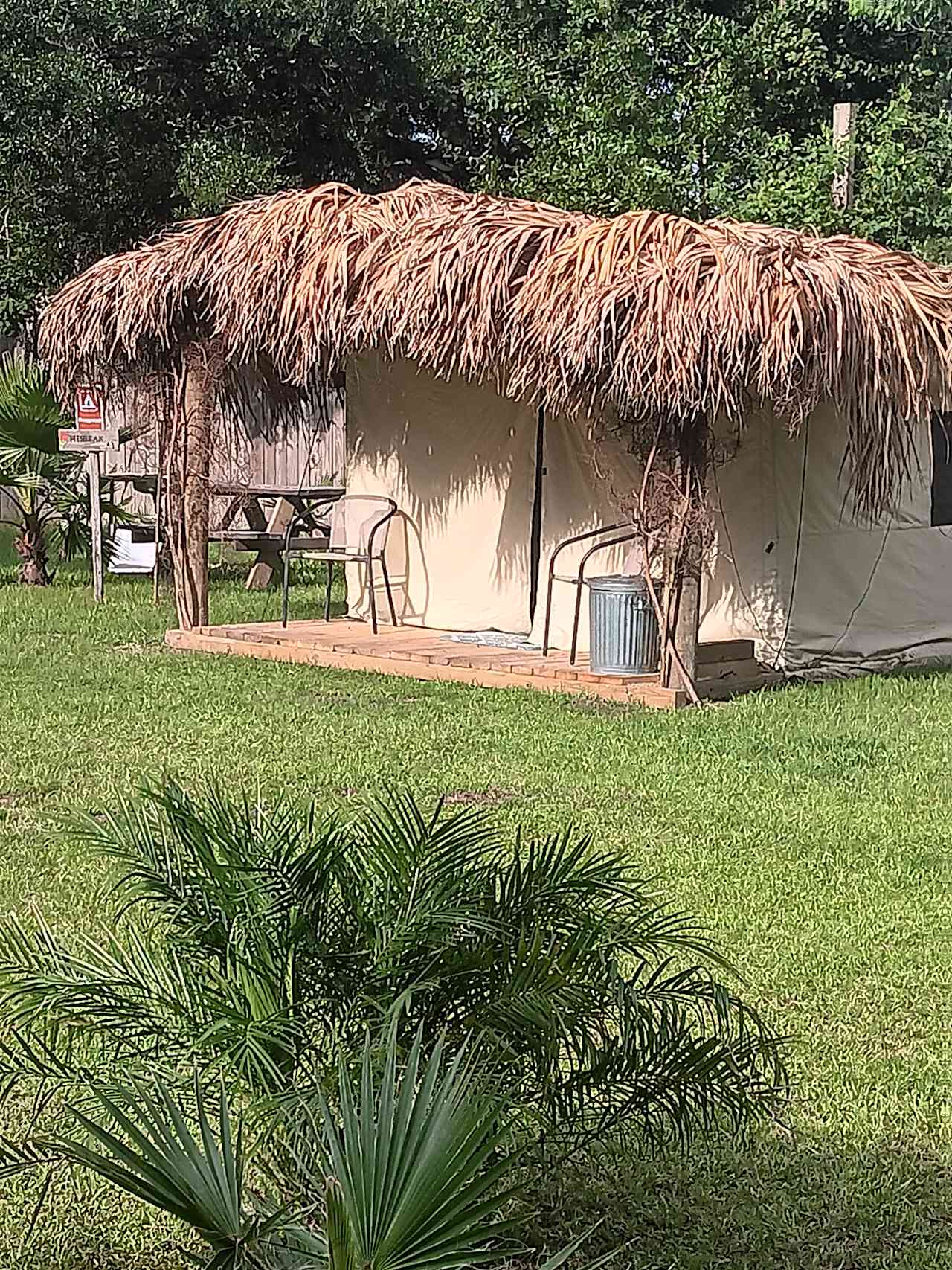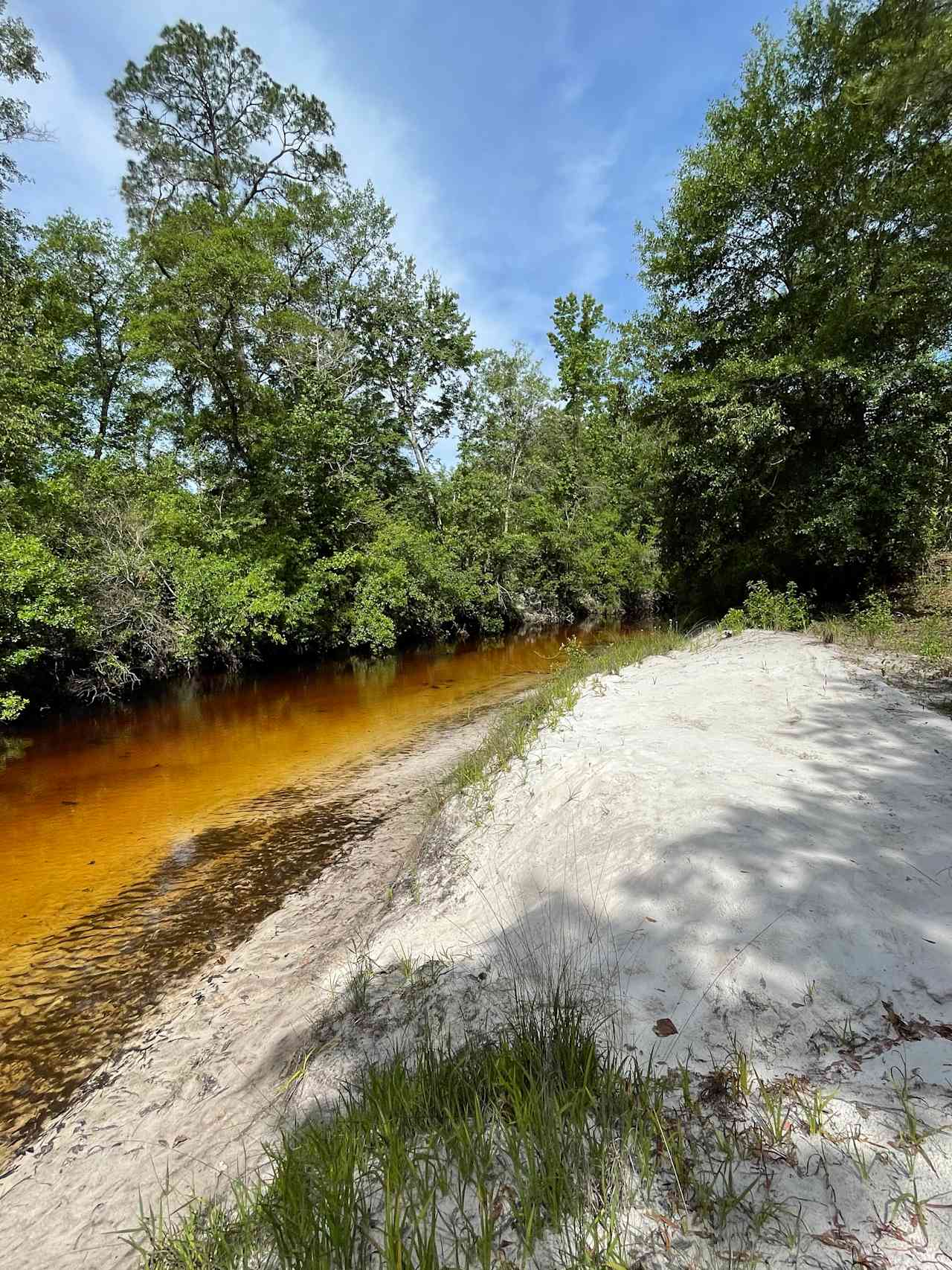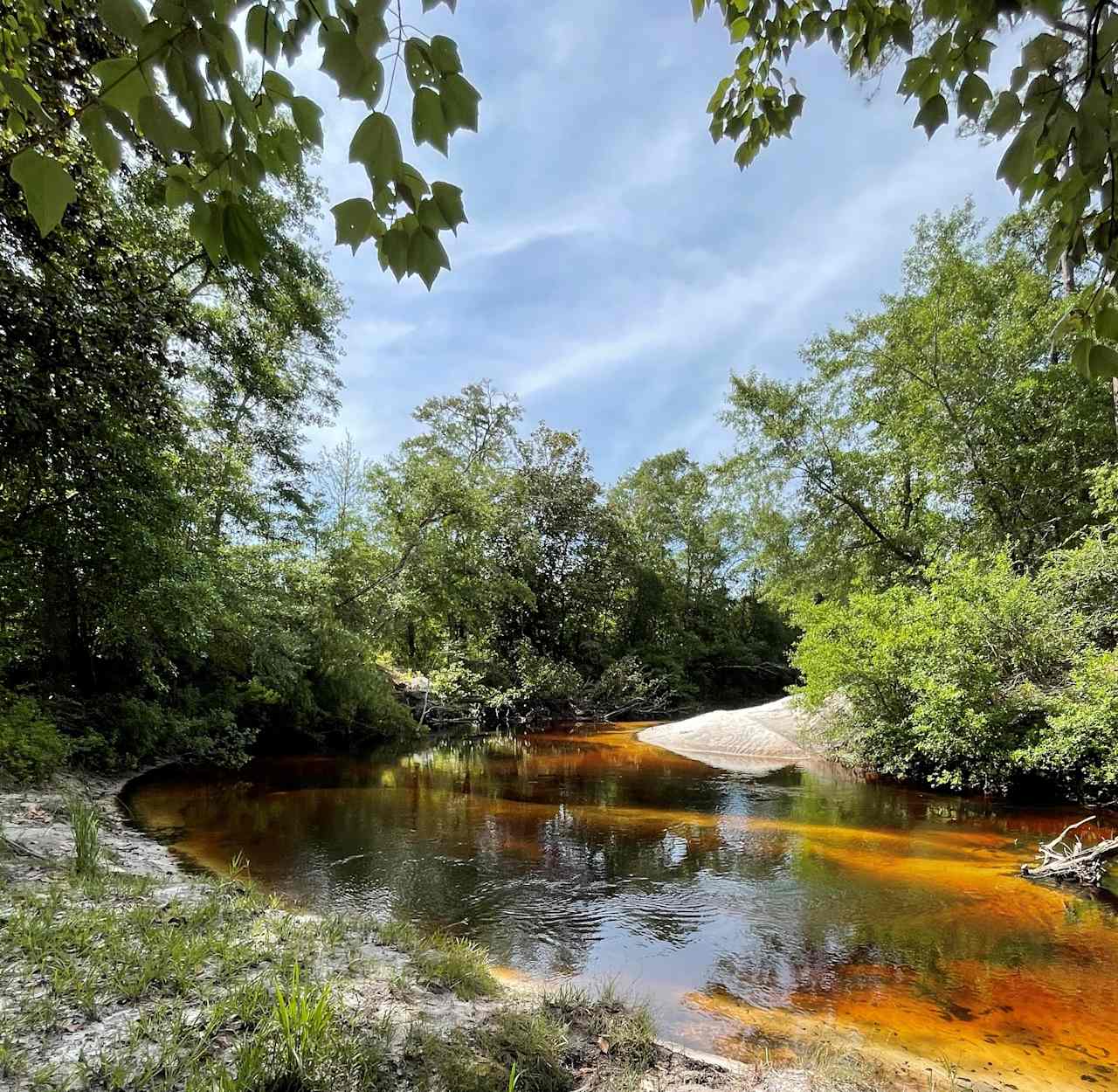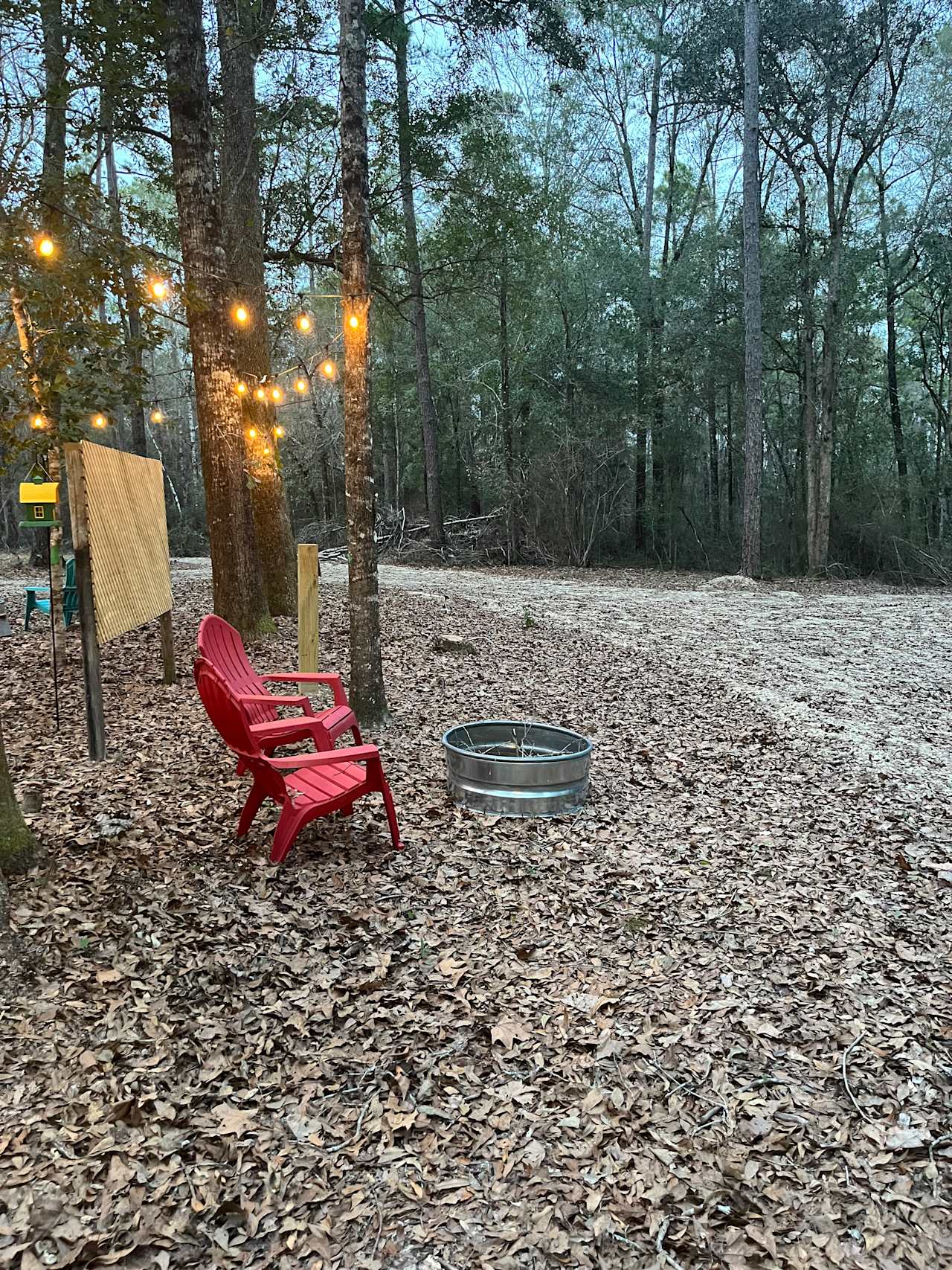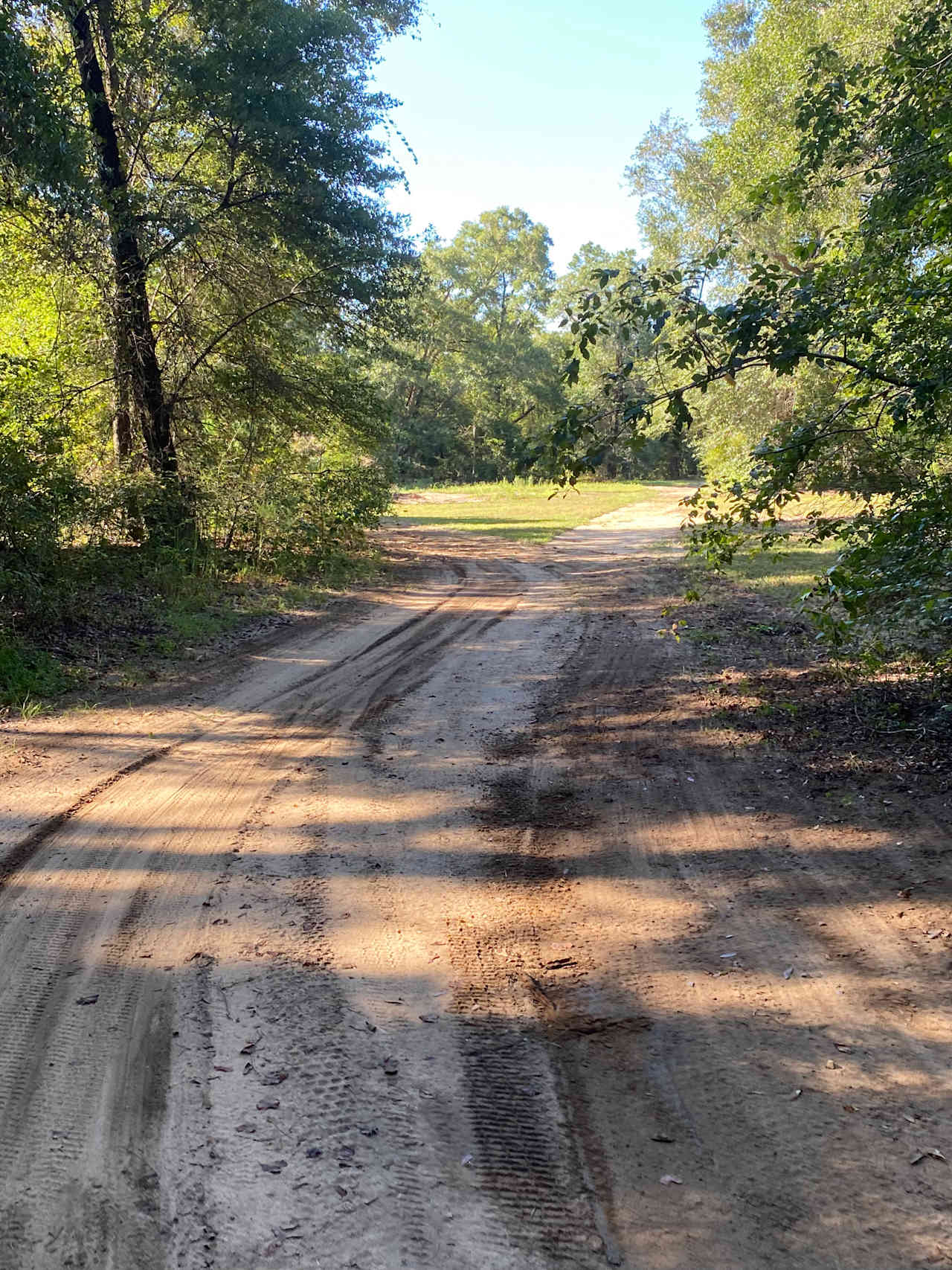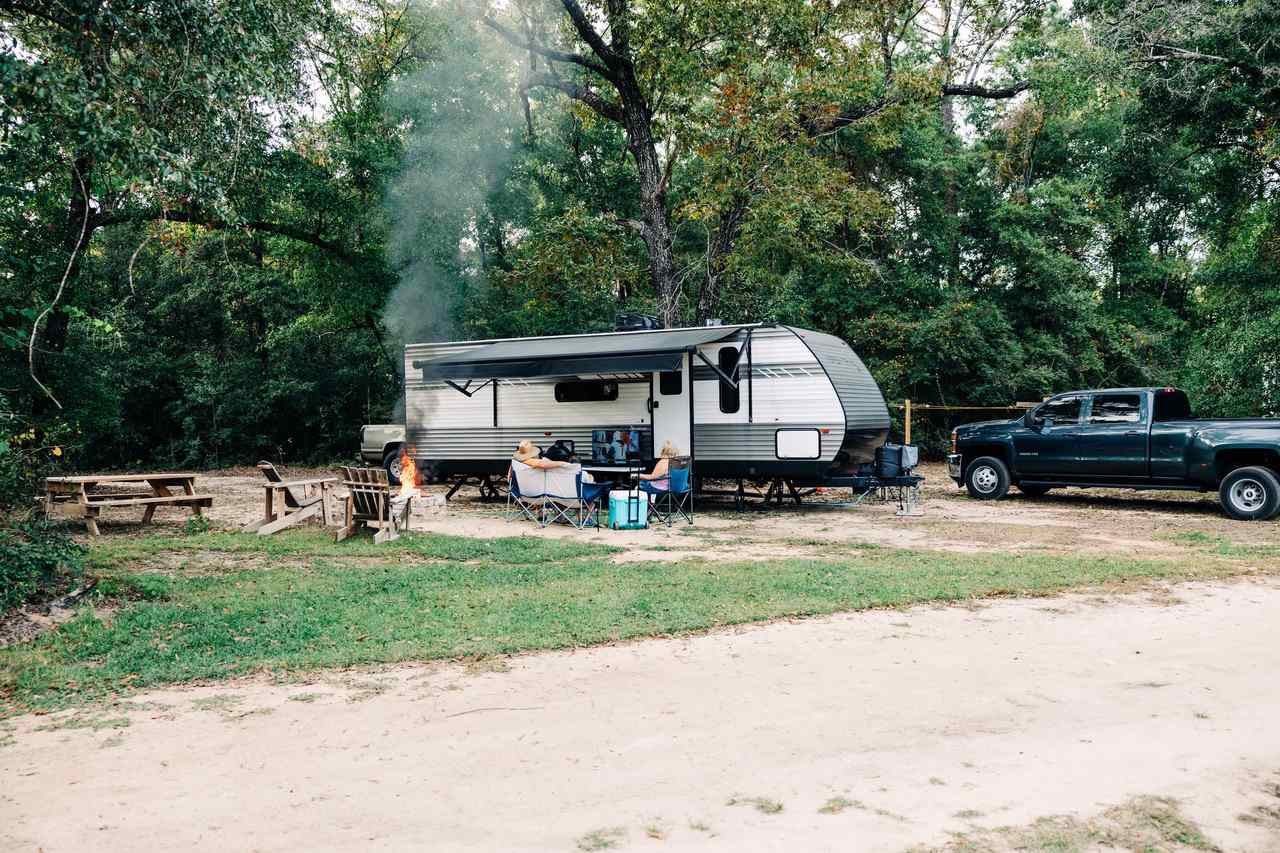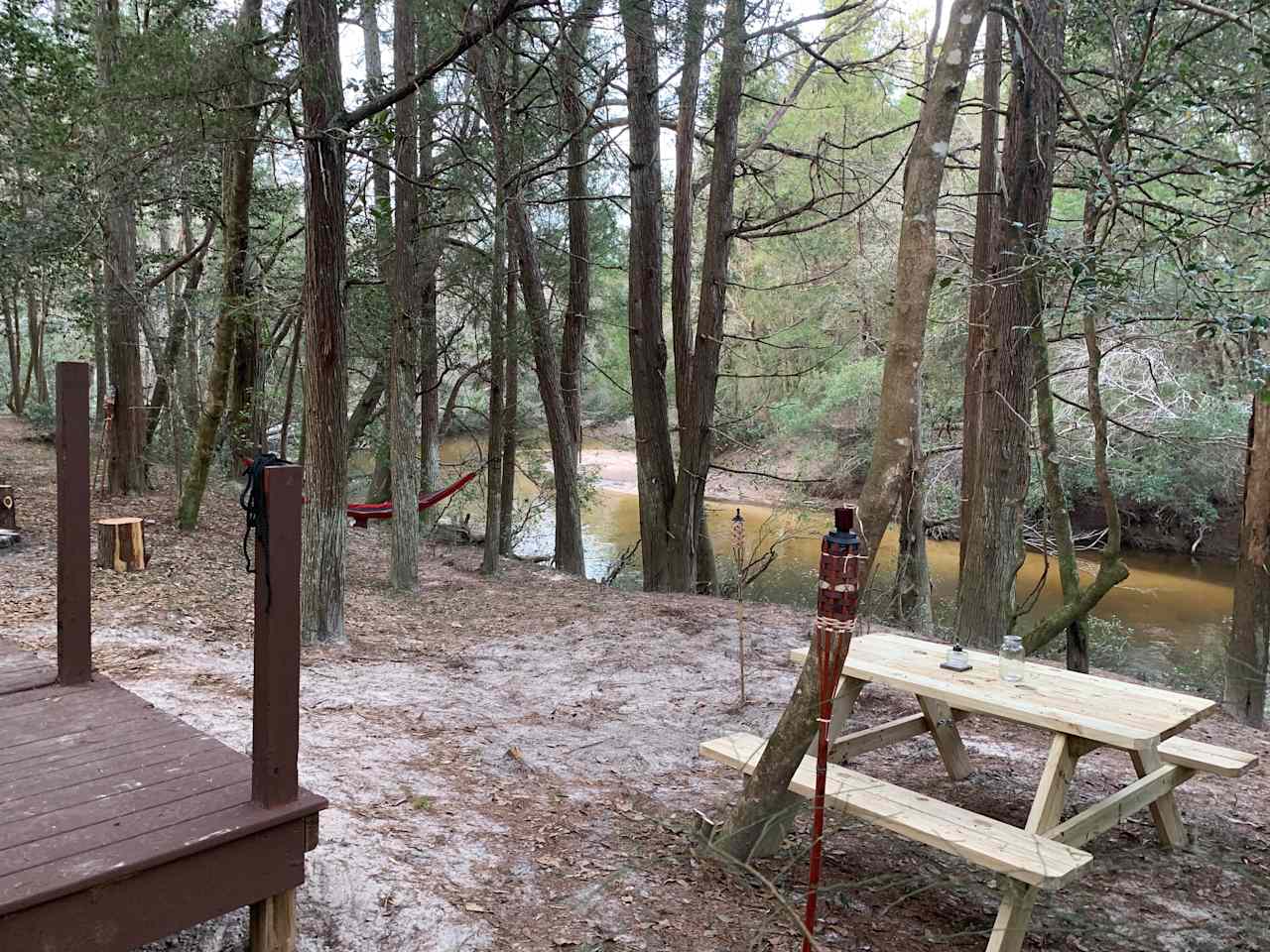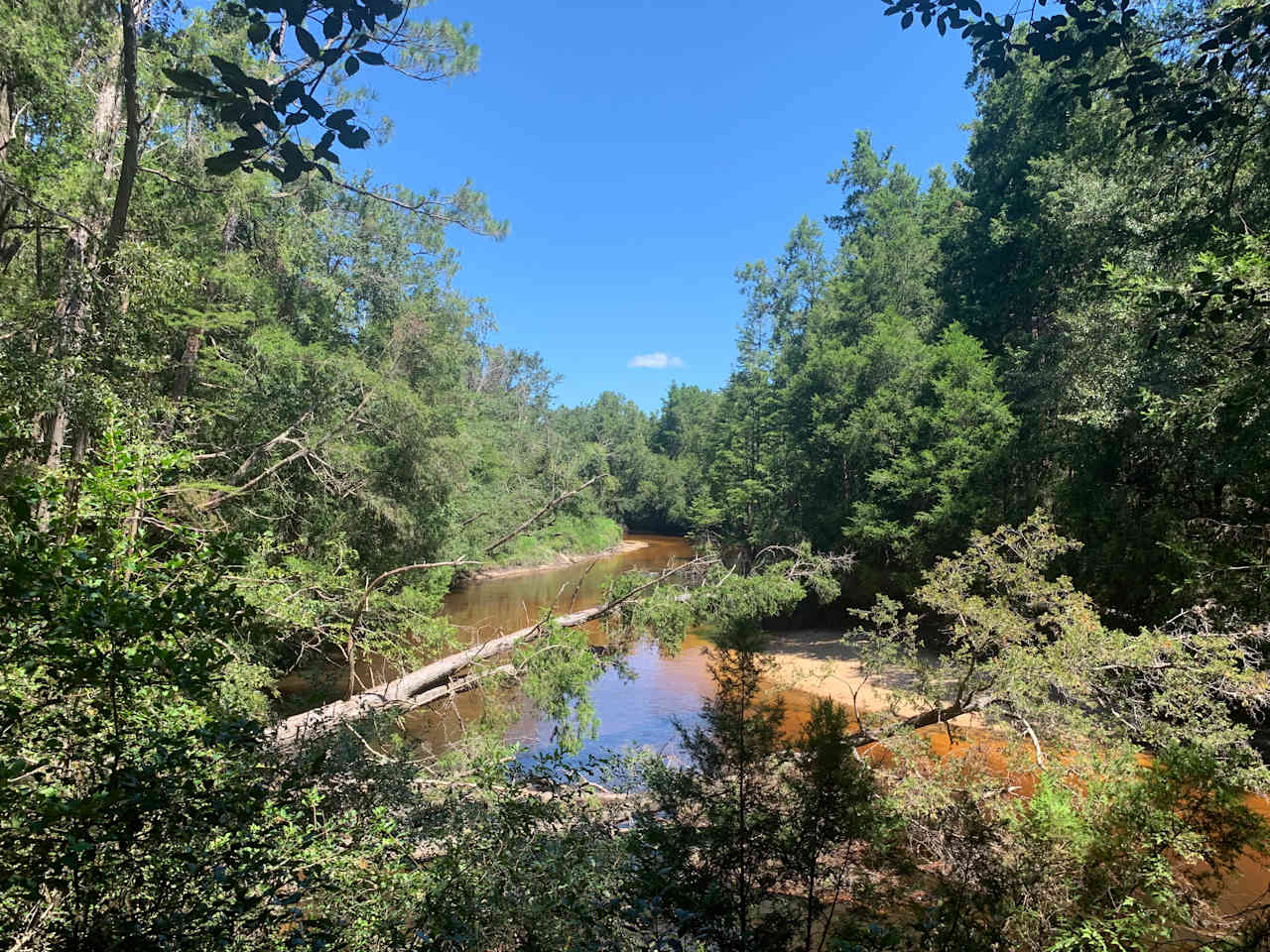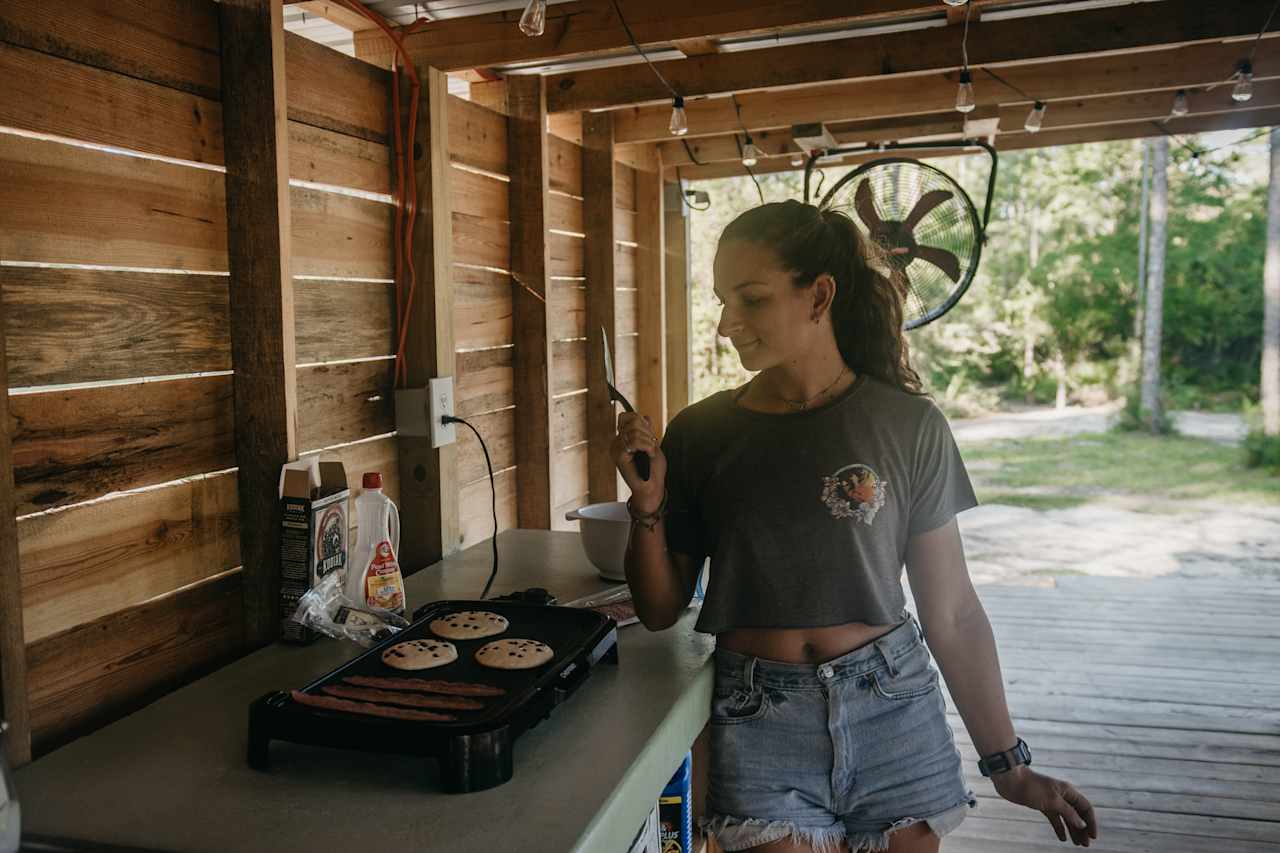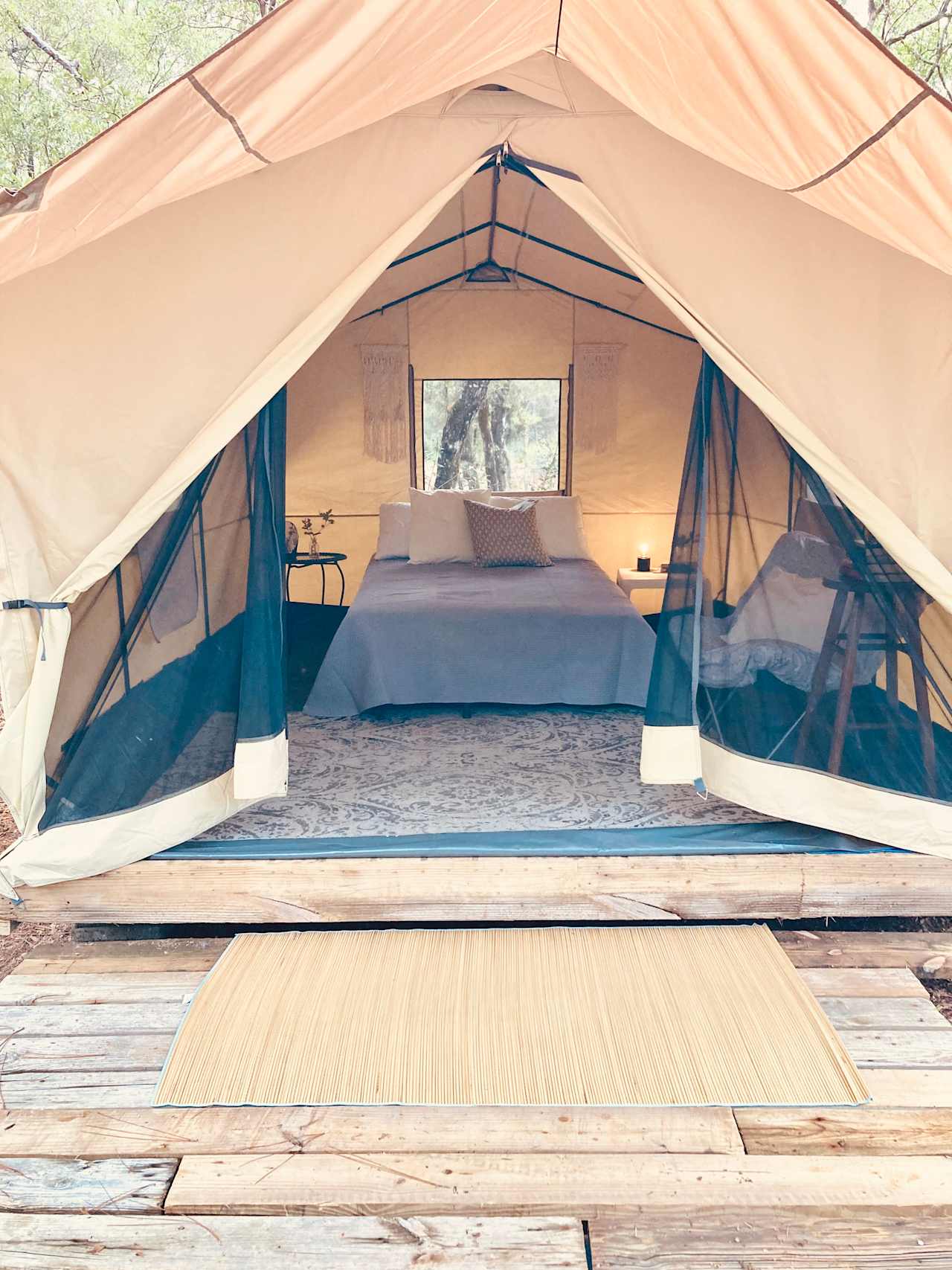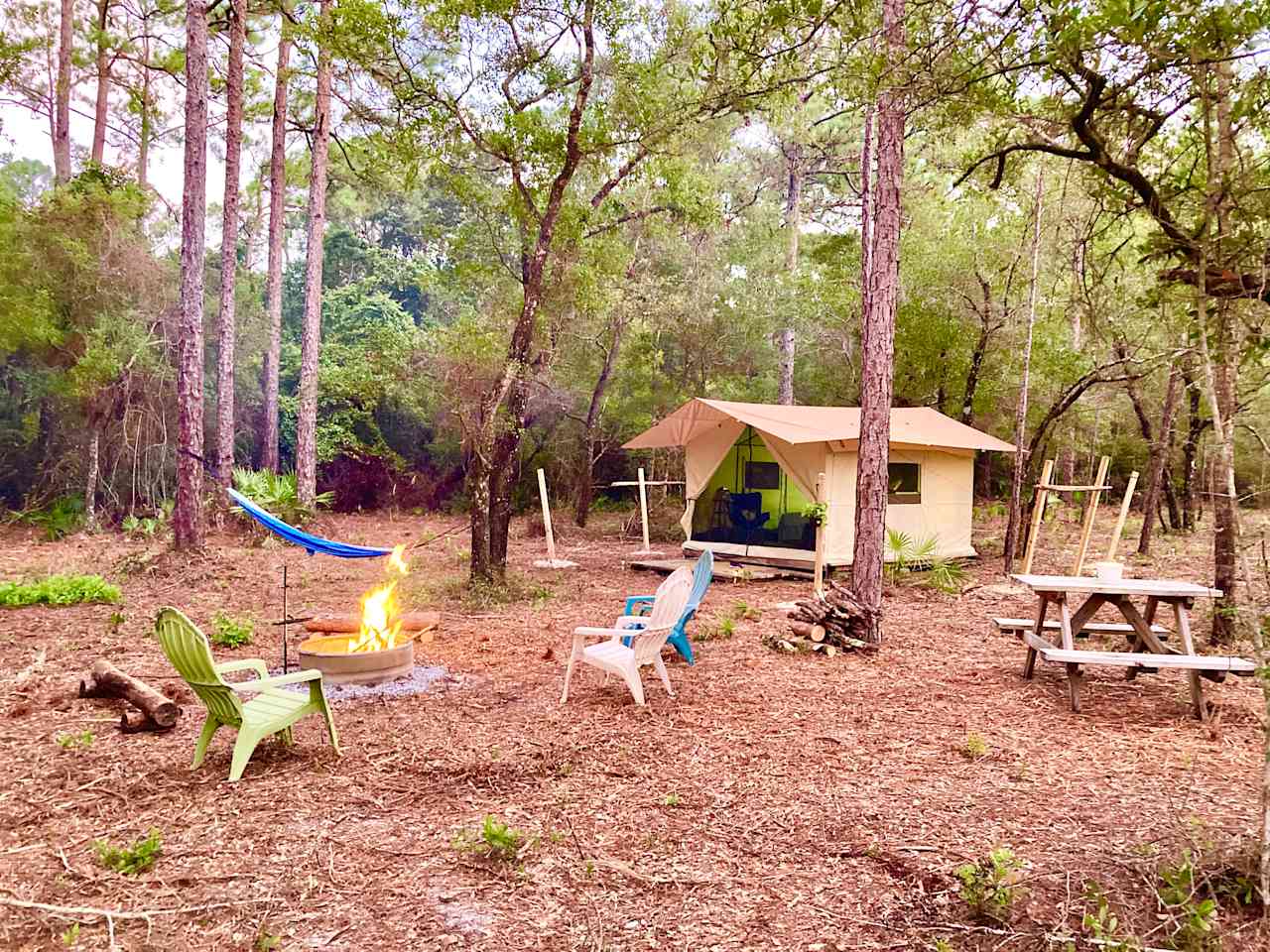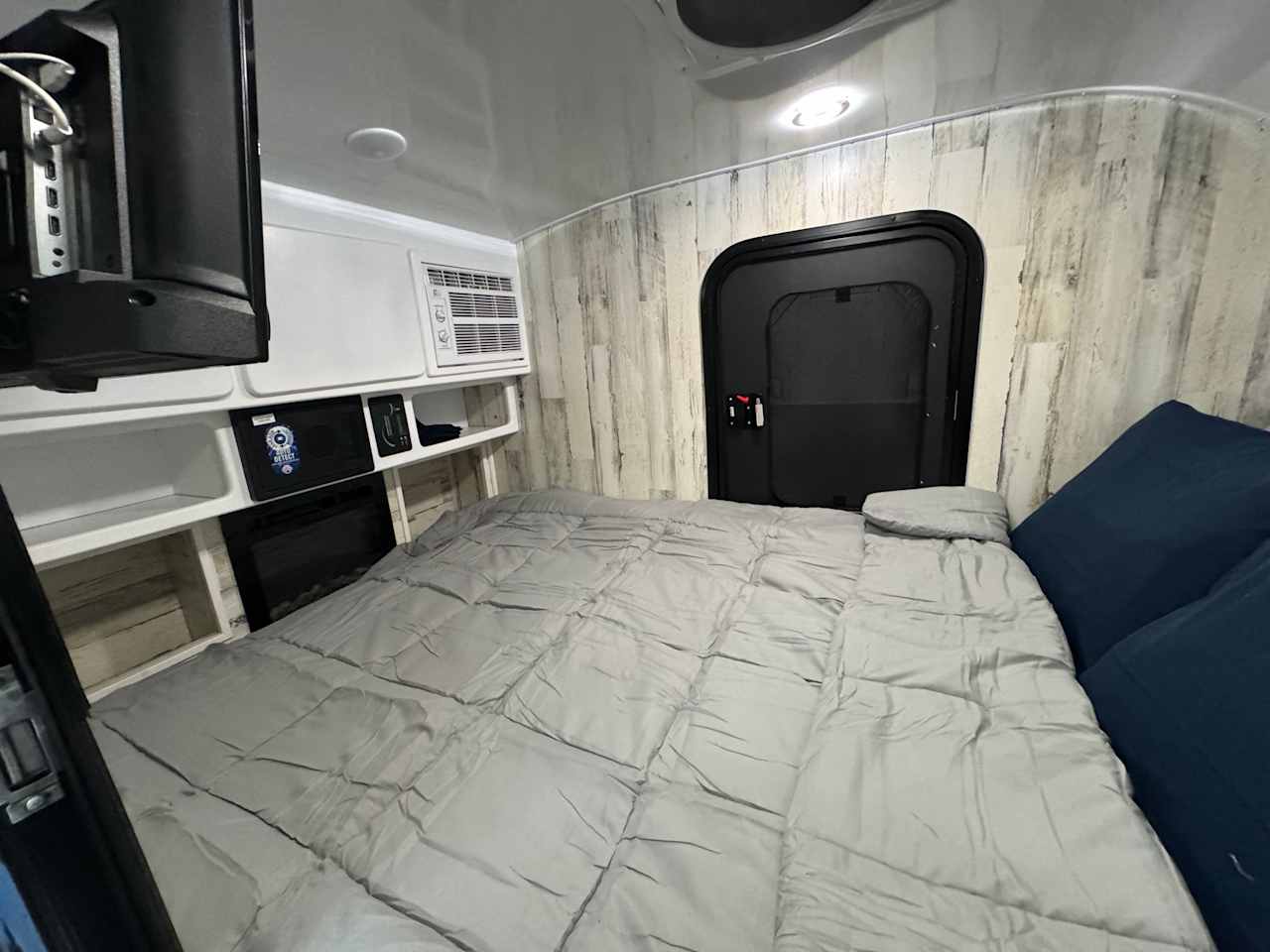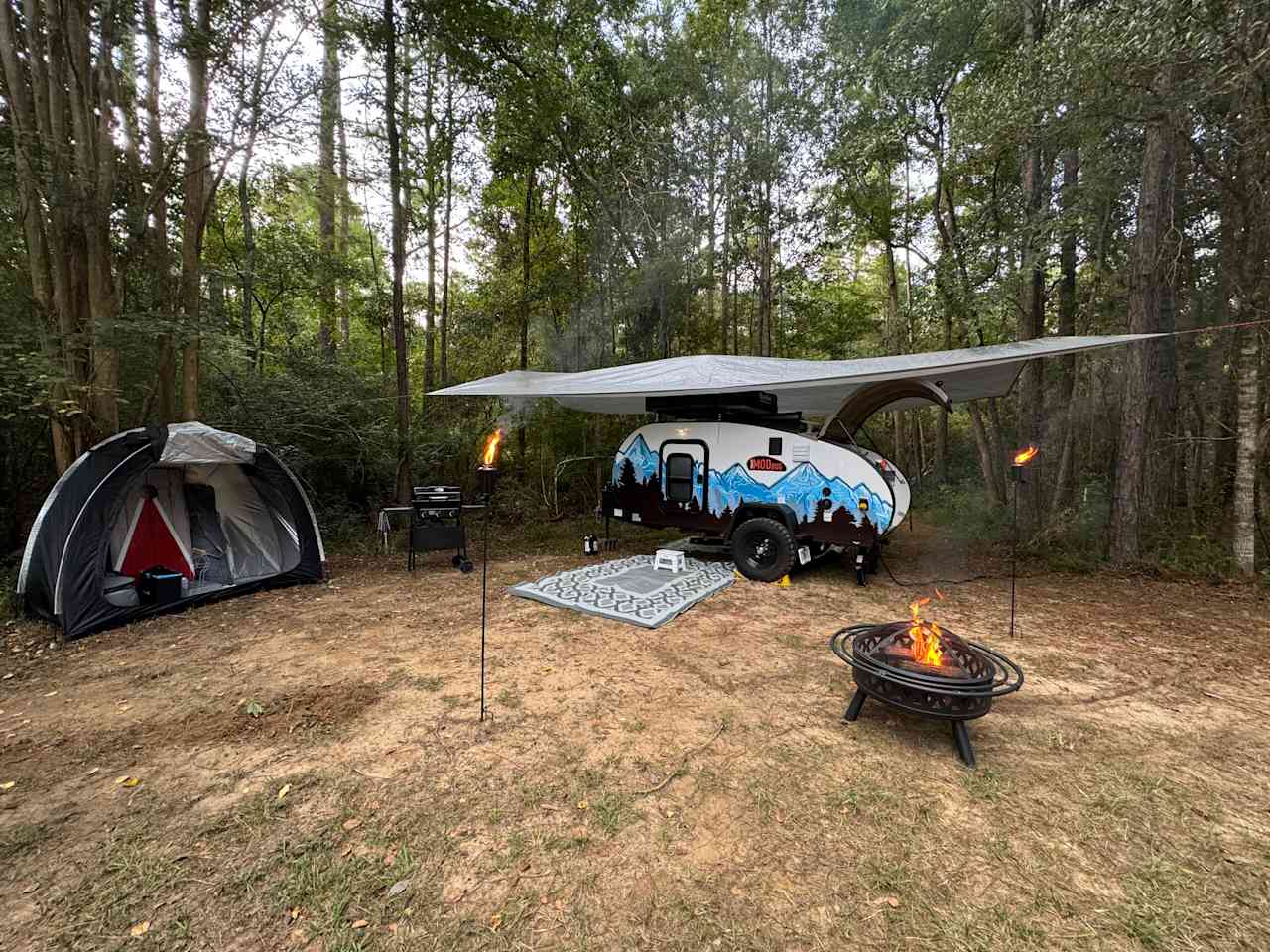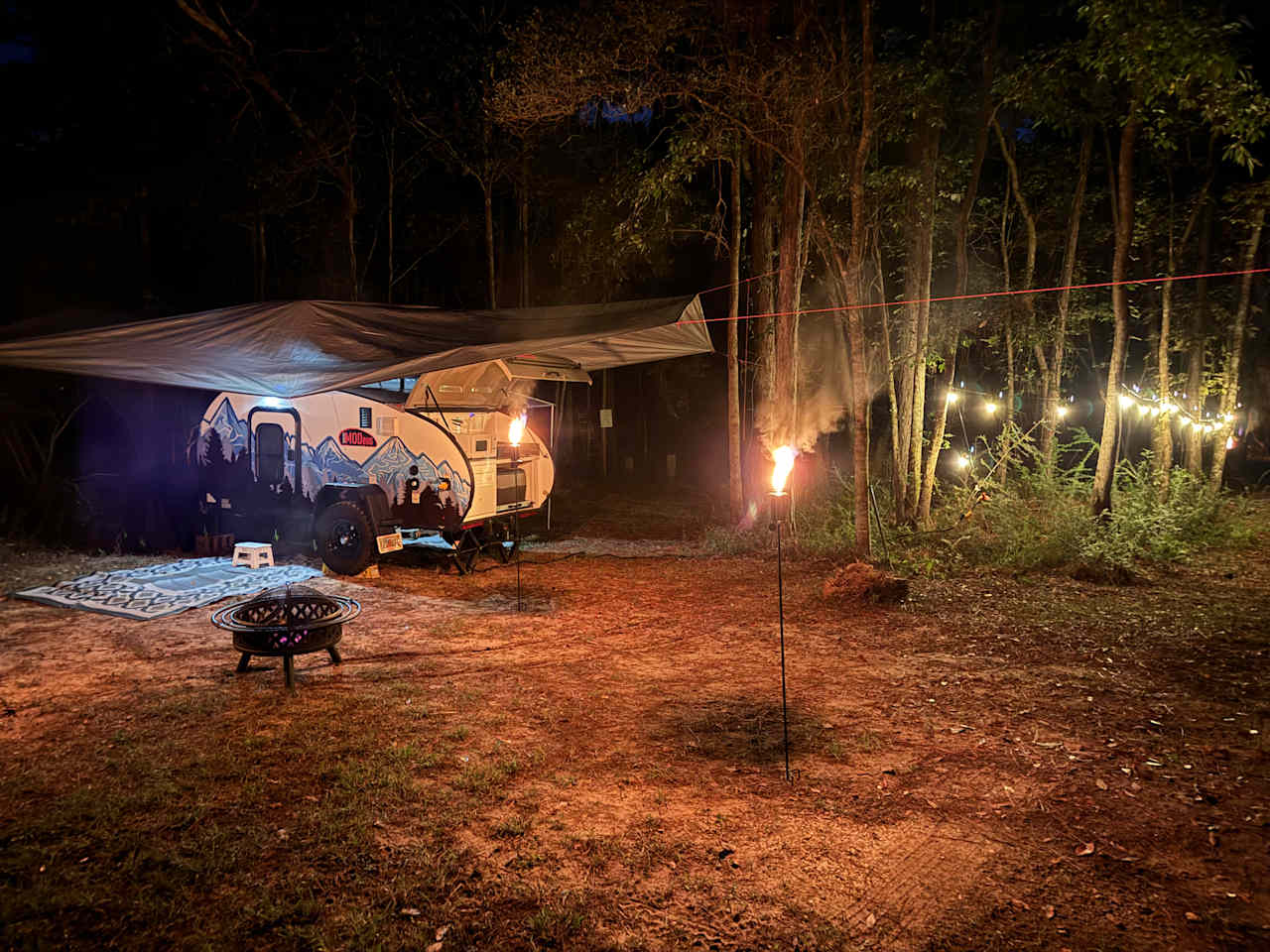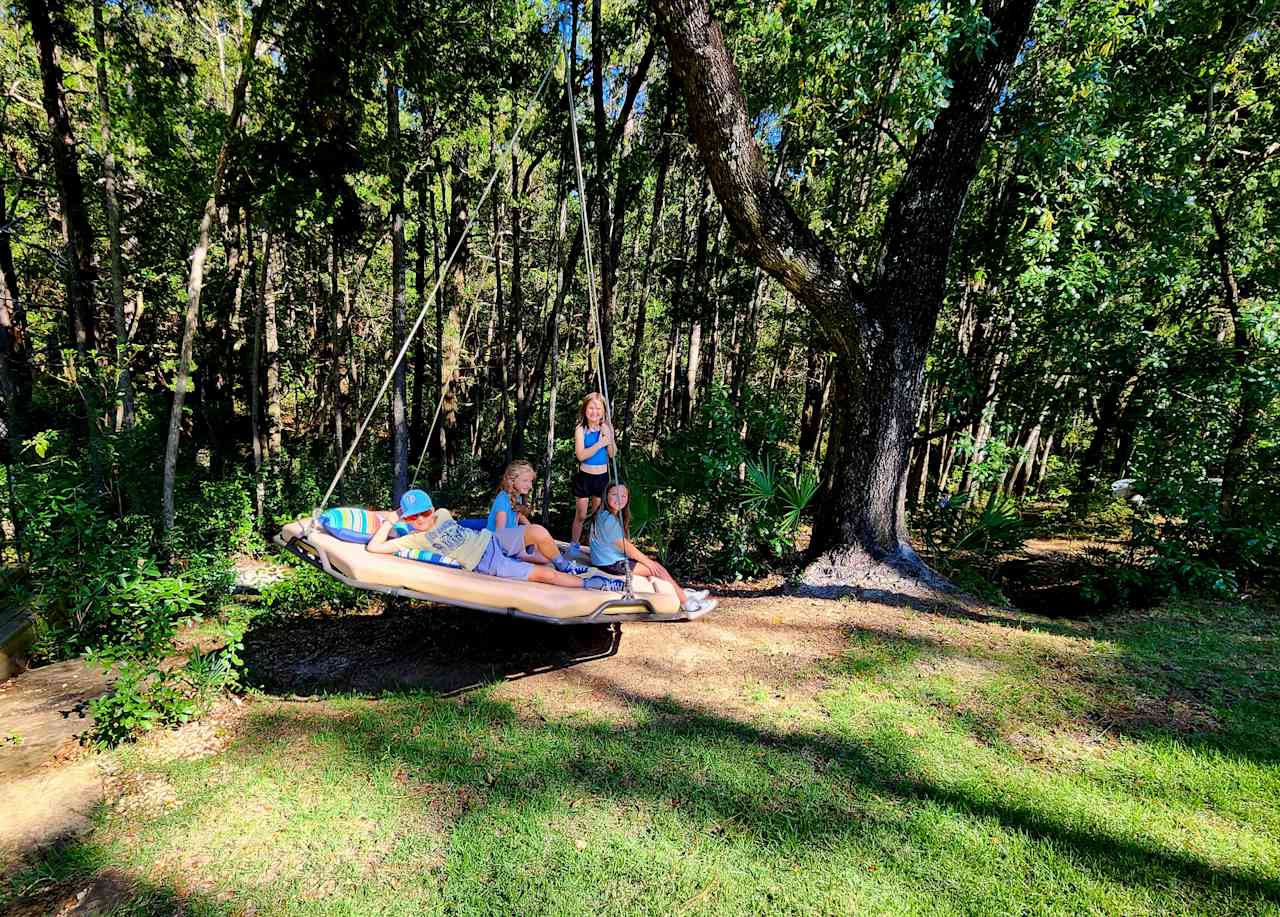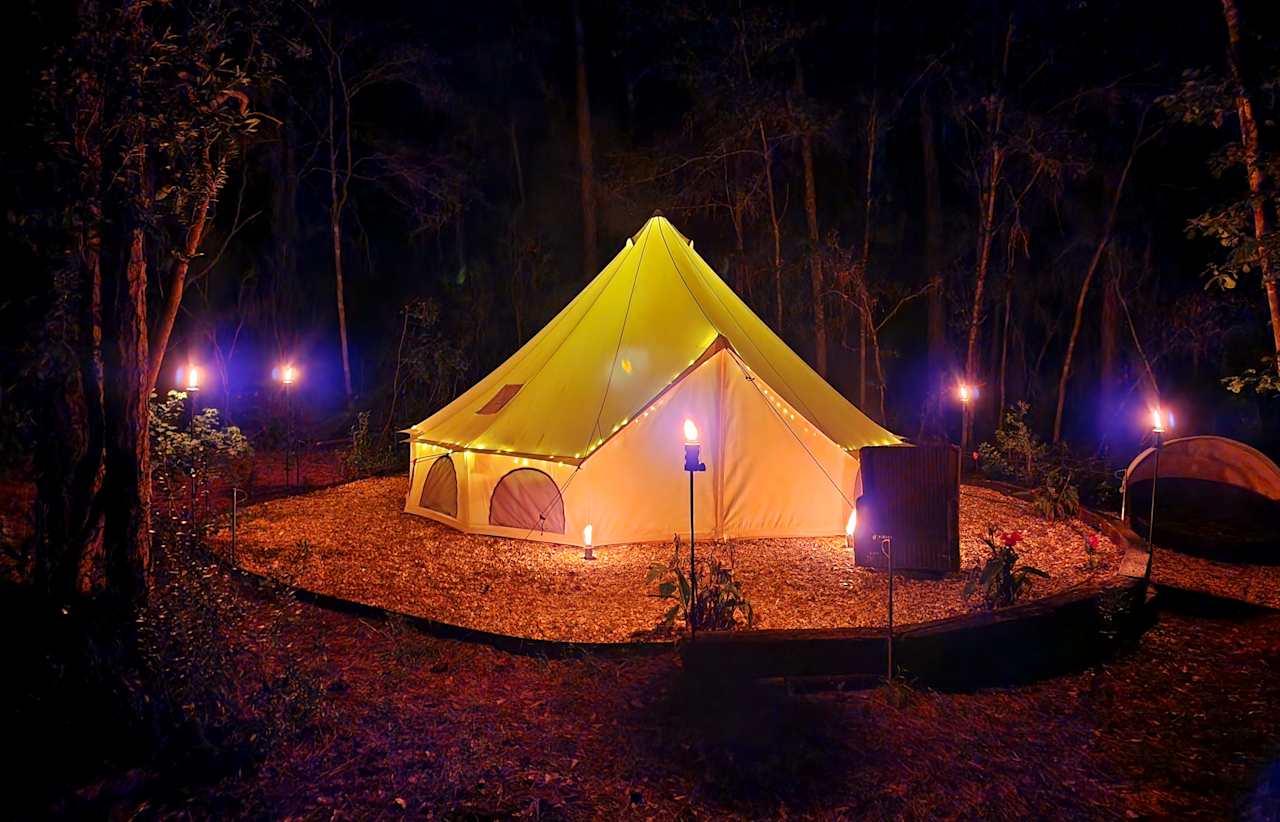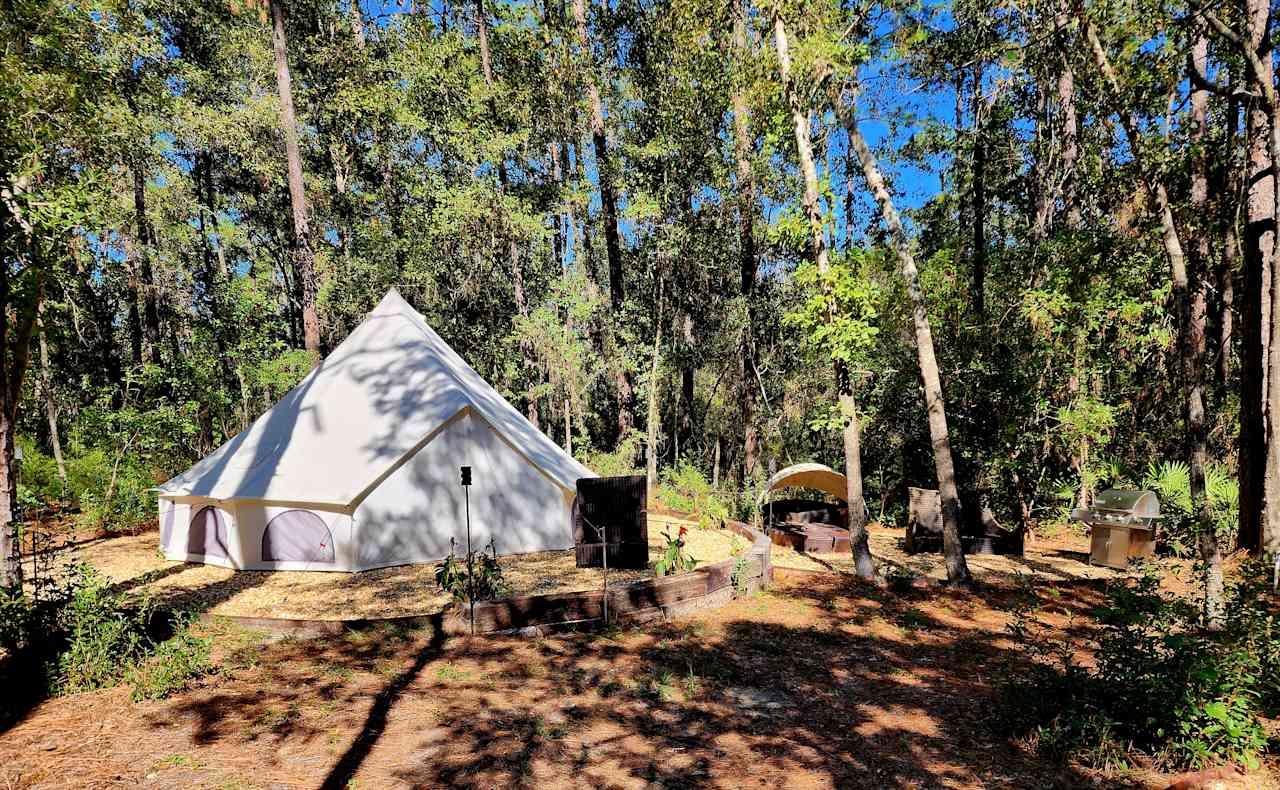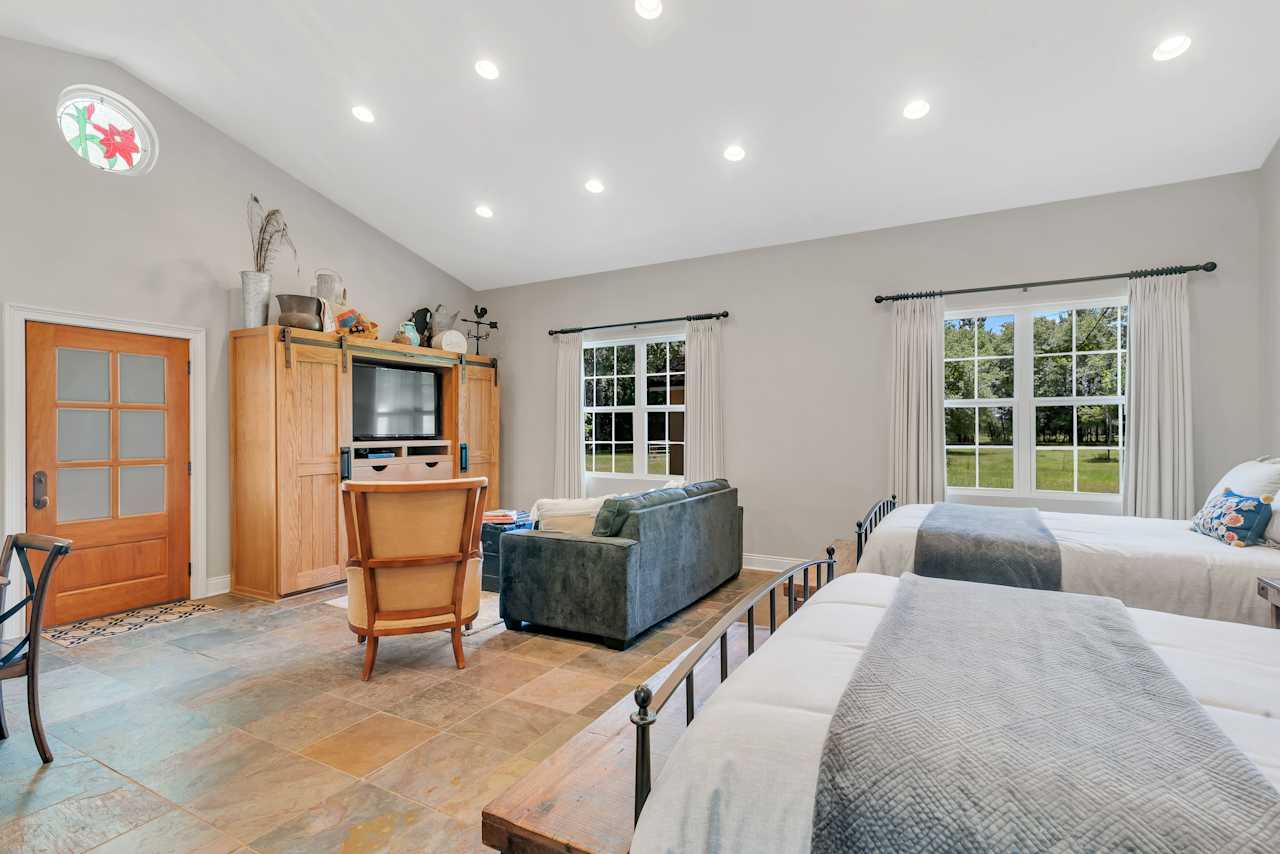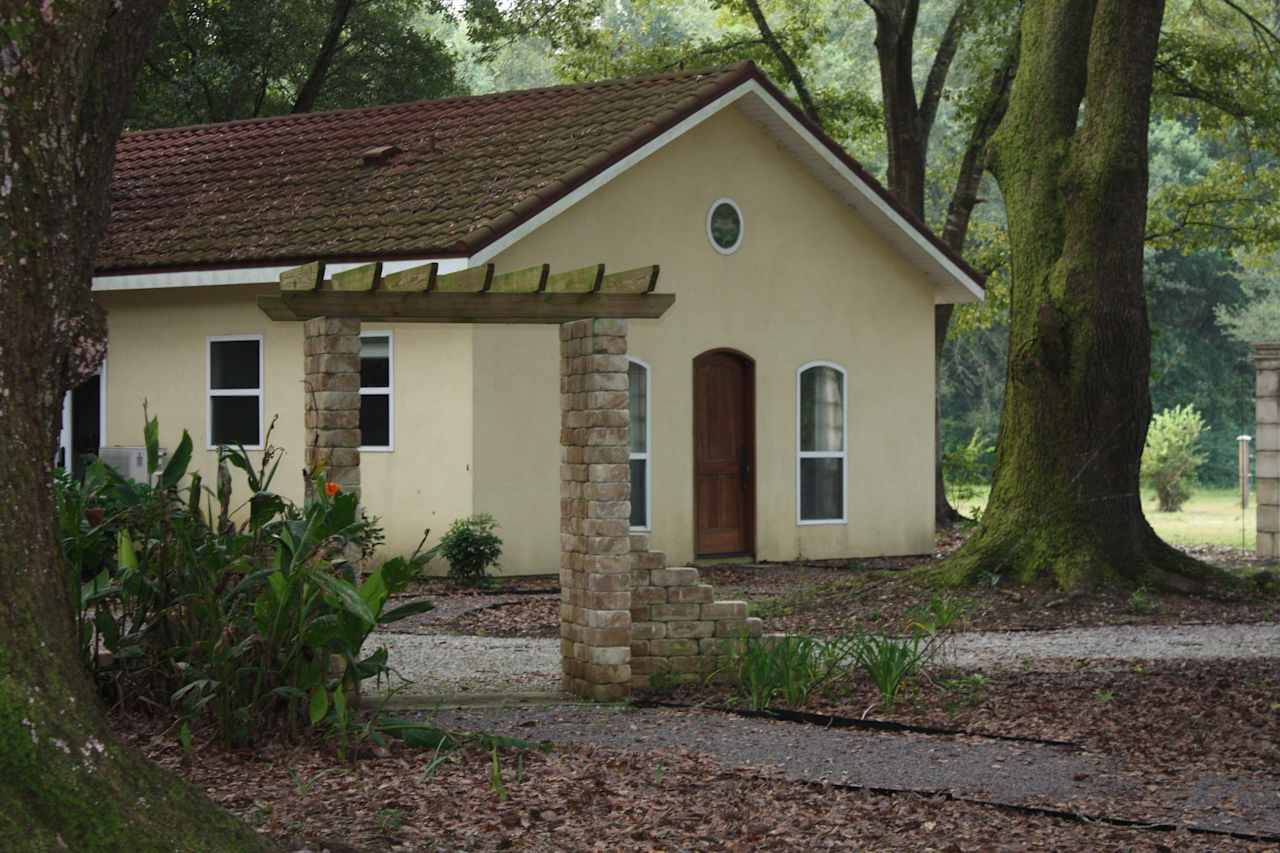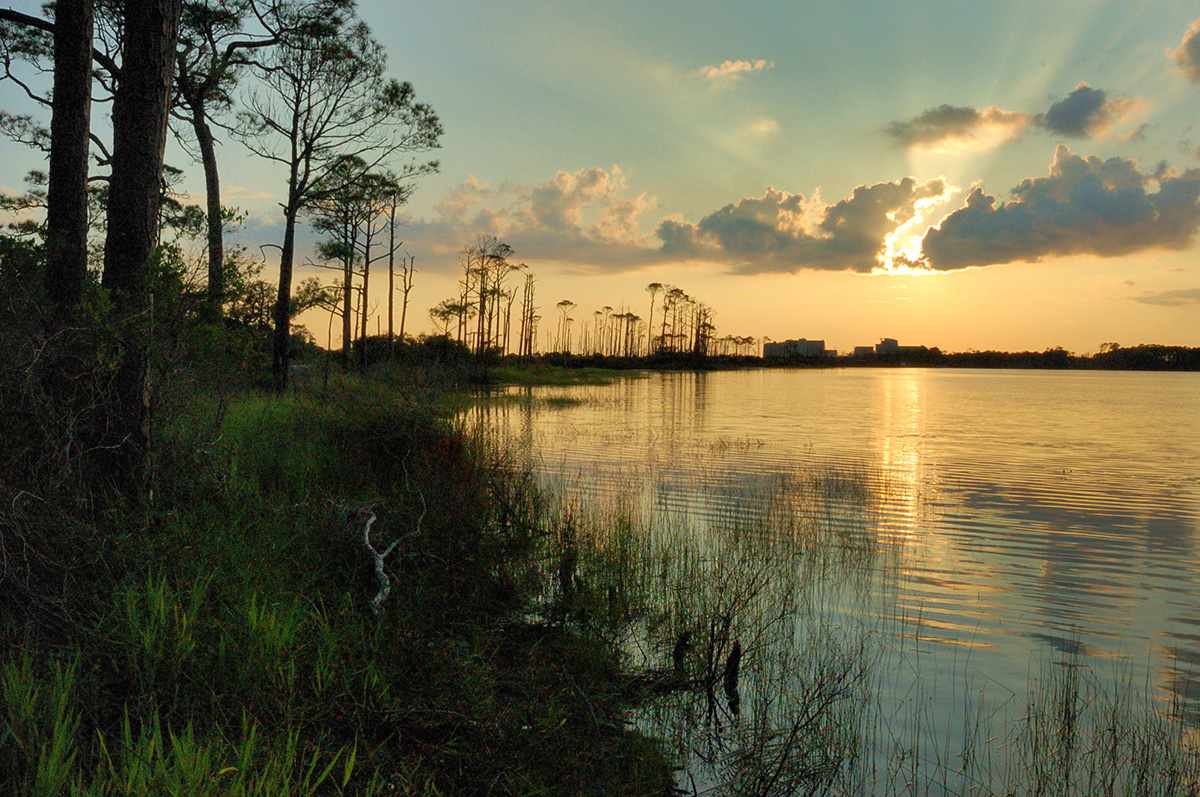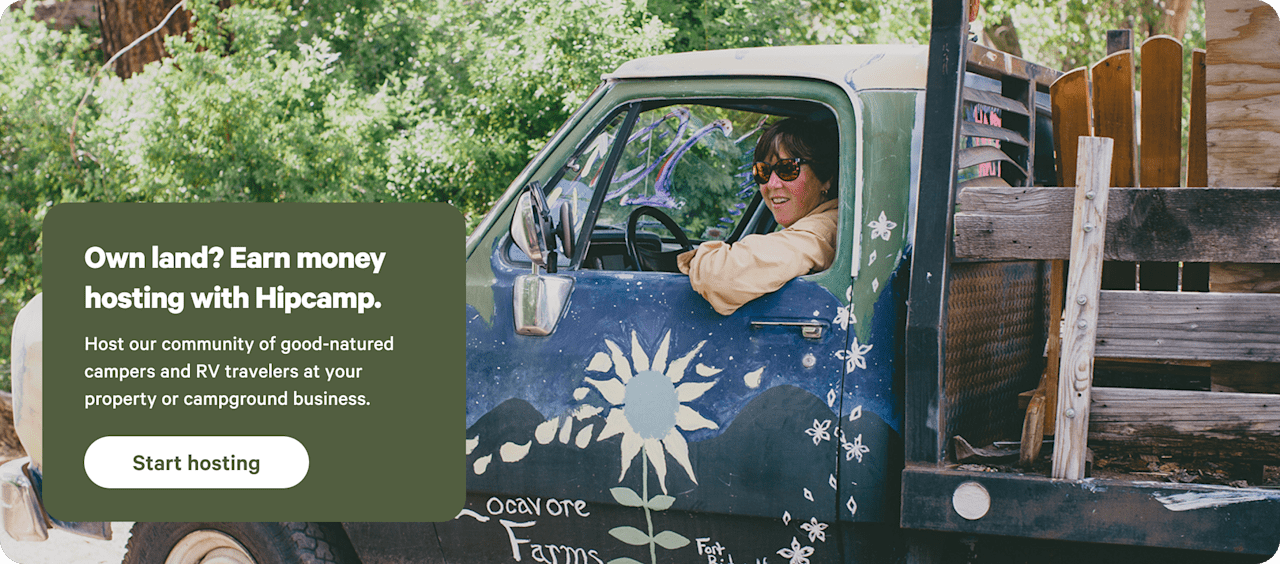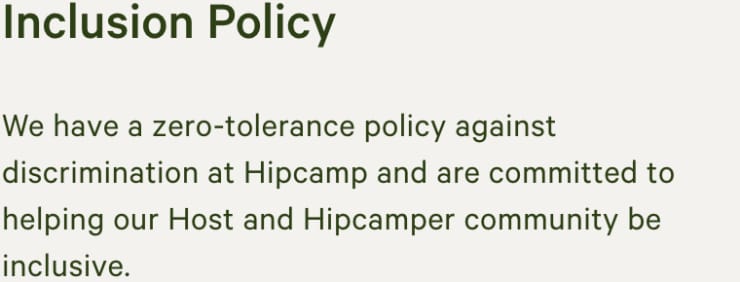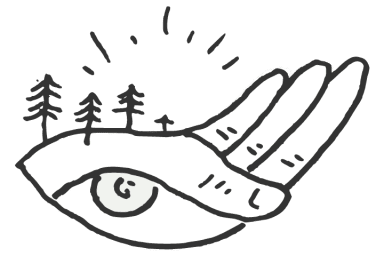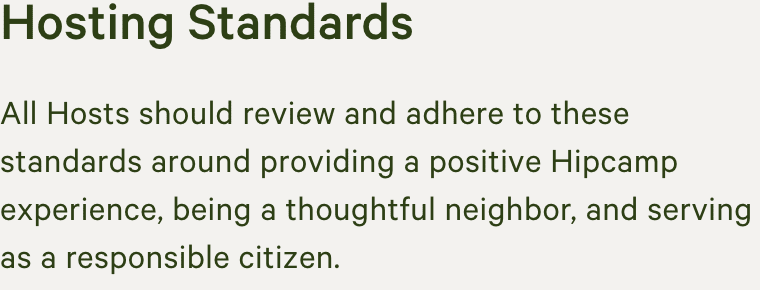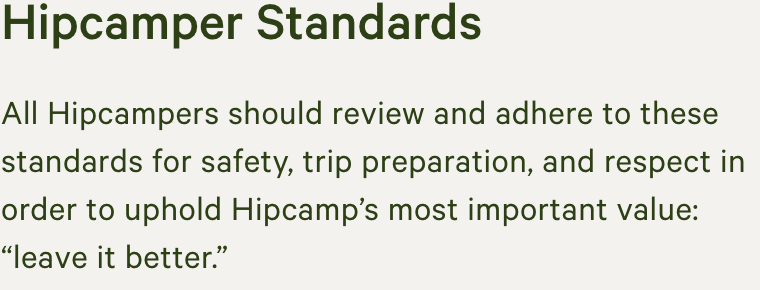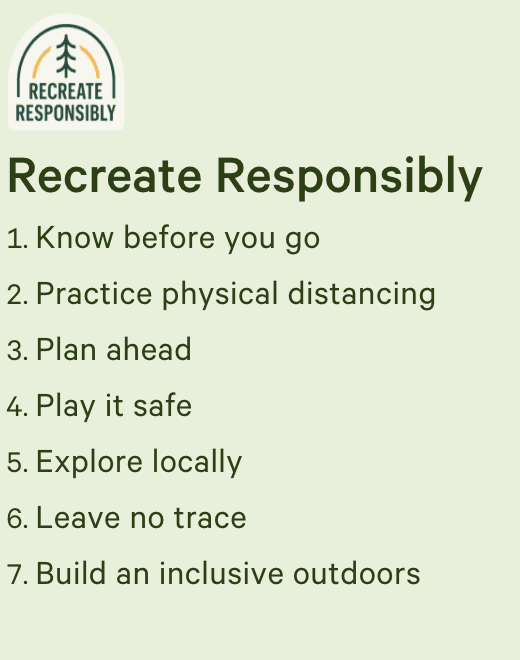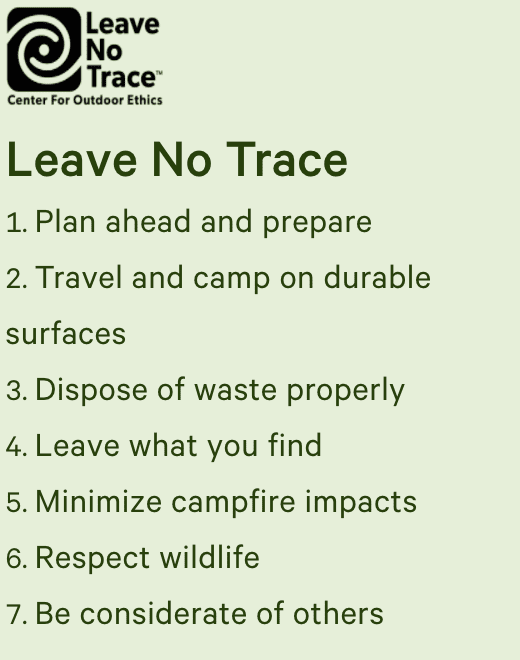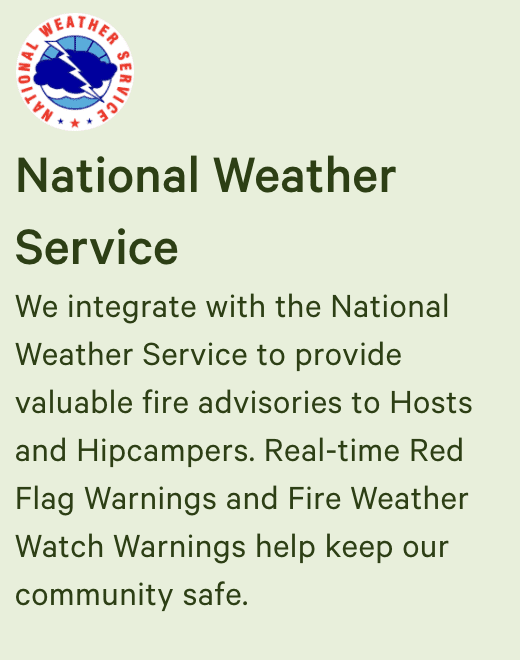Forest glamping near Milton
Rivers, marshes, and the Gulf of Mexico put water centerstage while camping near Milton.
- Milton
Popular camping styles for Milton
Dog-friendly getaways
Malakai 🏕 different by design
Larry & Sheila's Blackwater Getaway
The Red Barn
Gateway Trails
CampFire at the Riverbend
10 top forest glamping sites near Milton
The Wandering Path
Bay Forest Retreat
Larry & Sheila's Blackwater Getaway
Malakai 🏕 different by design
CampFire at the Riverbend
Gateway Trails
The Red Barn
Tiny Adventures
Sandy Creek Resort
Fairhope Farm Stay
Nearby parks
Explore the area’s public lands.
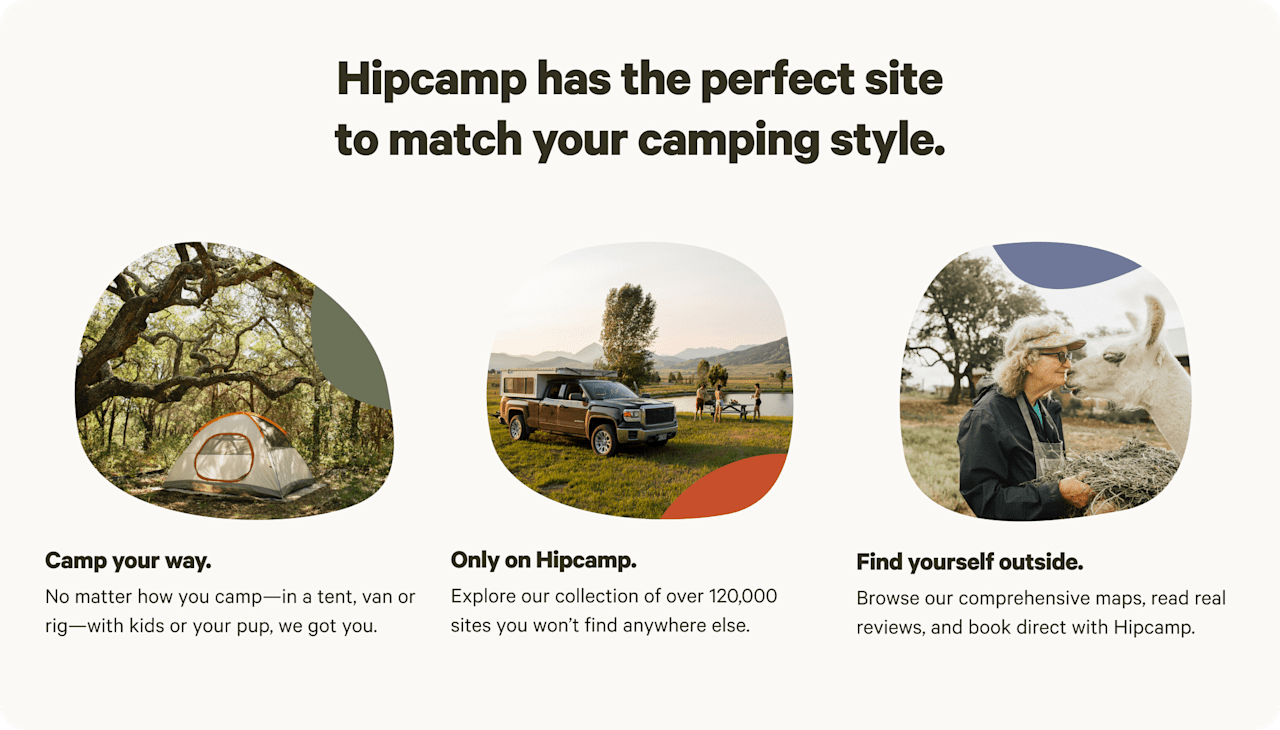

Forest glamping near Milton guide
Overview
On the shores of Blackwater River and a stone’s throw from the Gulf of Mexico sits Milton, where campers can paddle through the coastal habitats of Escribano Point, then head back to a nearby riverside campground. Or, hike among the rolling pine woods of Blackwater River State Forest before turning in at a forested cabin rental. No matter where you set up camp, Milton offers hiking, kayaking, birdwatching, and horseback riding with ample campsites along the way.
Where to go
Big Lagoon State Park
On the northern shores of the Gulf of Mexico, Big Lagoon State Park covers more than 700 acres of upland habitats, including saltwater tidal marshes and a coastal forest of pine flatwoods. Nearby beach campsites and cabin rentals offer views of the Gulf, plus the opportunity to check out more than 20 species of migratory birds, which stop through the area. The park is also a starting and ending point for the Florida Circumnavigational Saltwater Paddling Trail, a 1,500-mile sea-kayaking route that takes paddlers across the state.
Blackwater River State Forest
The largest forest in Florida, Blackwater is a dream destination for hikers, kayakers, cyclists, and campers thanks to dozens of creeks and streams spanning the park’s ecosystem of longleaf pine, scrub oak, and wiregrass. It’s a great destination for day trip paddles and overnight voyages, with many private forest campsites near streams and the main river.
Escribano Point Wildlife Management Area
Spanning 10 miles of Florida coastline on Blackwater Bay, Escribano Point is a great launch point for paddlers and anglers to explore the park’s bays, river swamps, and estuaries, which support unique coastal habitats and local species like black bears. Hipcampers staying at one of Escribano Point’s tent campsites (or at a nearby campground or RV site) should be aware of bears in the area, especially when storing food.
When to go
Like all of Florida, Milton is known for being warm and humid year-round. With July temperatures regularly reaching well into the 90s, summer can be a great time to hit the water and escape the heat, but it’s best to be aware of hurricane threats during this time. Heatstroke and dehydration are also concerns—always check to see if a park or preserve has safe drinking water, and pack a supply if not. Winters in Florida are still rather mild, with even cold January days only reaching an average low of 40°F. For this reason, winter RV camping is especially popular.
